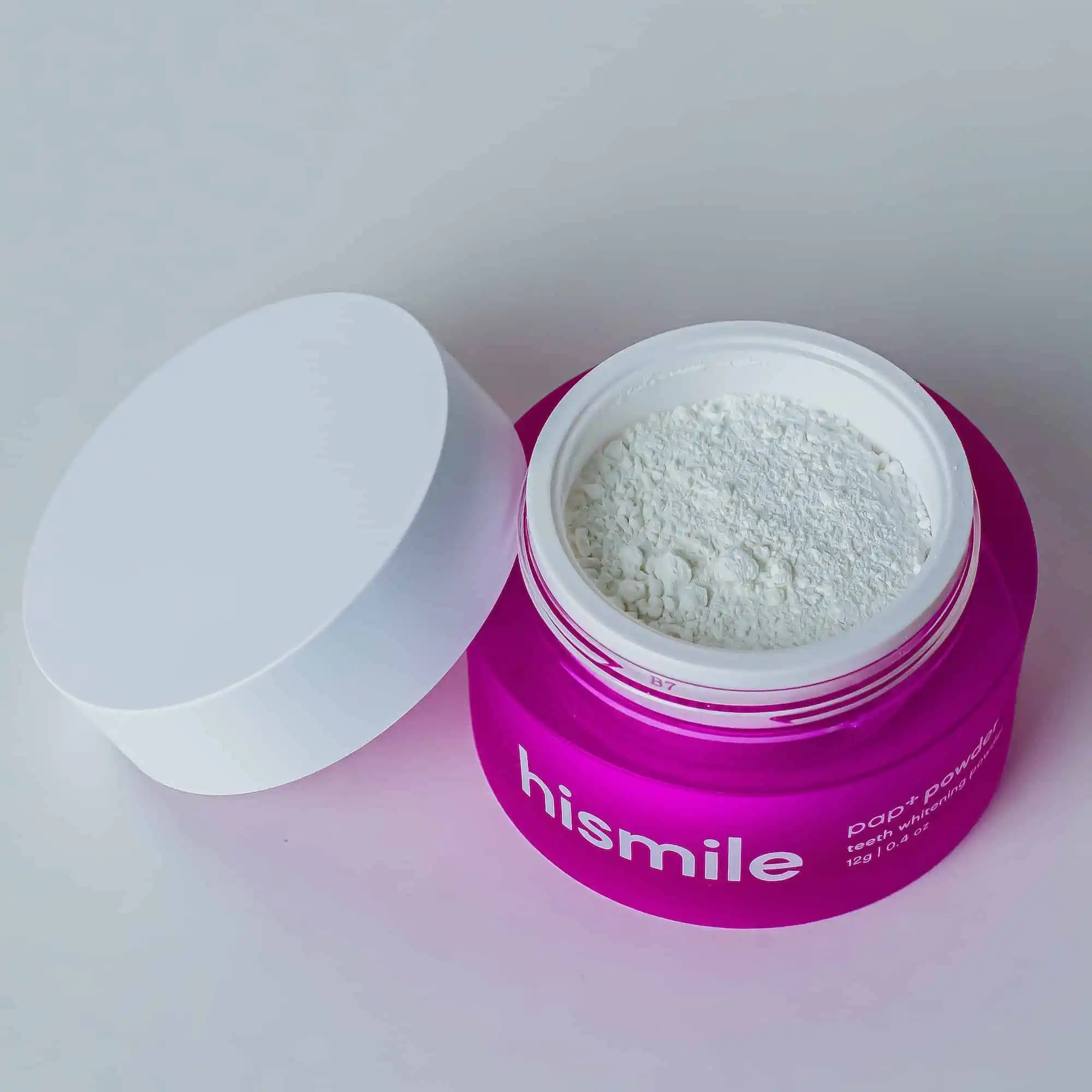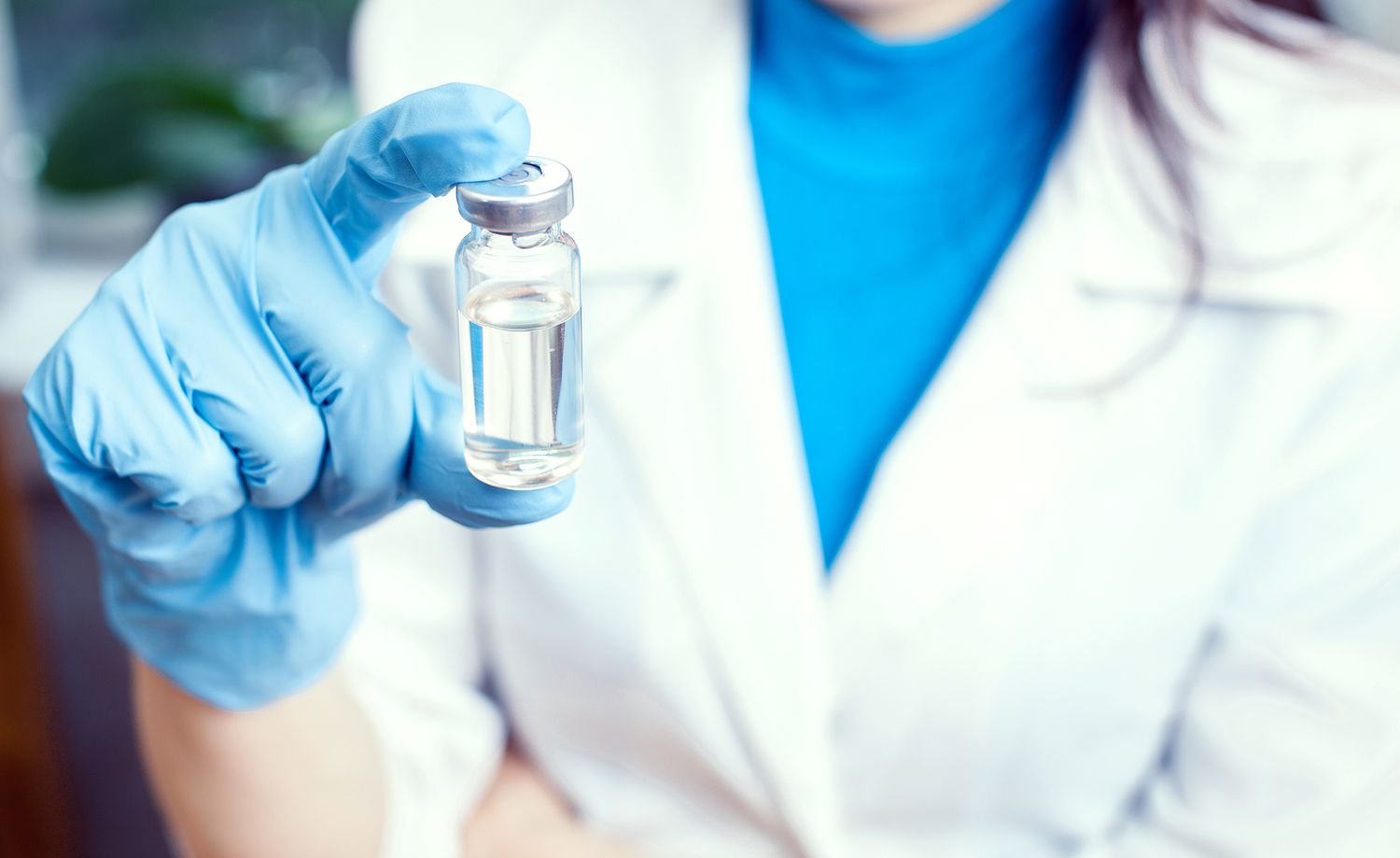Cpap Dry Mouth: Prevent Tooth Decay Tonight
For individuals who rely on Continuous Positive Airway Pressure (CPAP) therapy to manage sleep apnea, the benefits of uninterrupted sleep and improved respiratory function are undeniable. However, one of the common side effects of CPAP use is dry mouth, also known as xerostomia. Dry mouth can lead to a range of oral health issues, including tooth decay, if not properly addressed. Understanding the causes of CPAP dry mouth and implementing strategies to prevent it can significantly reduce the risk of tooth decay and other oral complications.
The Connection Between CPAP and Dry Mouth
CPAP therapy involves wearing a mask over the nose and/or mouth during sleep, which delivers a steady stream of pressurized air to keep the airways open. While this pressurized air is crucial for preventing the collapse of the airway, it can also have the unintended effect of drying out the mouth. The constant flow of air can evaporate saliva, leading to dryness and discomfort. Furthermore, some CPAP users may sleep with their mouth open, either due to the mask’s design or personal sleeping habits, which can exacerbate the problem by allowing even more air to enter the mouth and dry it out.
The Risks of Untreated Dry Mouth
Dry mouth is more than just a minor annoyance; it can have serious implications for oral health. Saliva plays a vital role in maintaining the health of the mouth. It helps to neutralize acids, remineralize teeth, and wash away bacteria and food particles. Without sufficient saliva, the mouth can become a breeding ground for bacteria, leading to an increased risk of tooth decay, gum disease, and other infections. Additionally, dry mouth can cause discomfort, making it difficult to eat, speak, and even sleep.
Strategies to Prevent Tooth Decay from CPAP Dry Mouth
Preventing tooth decay in the context of CPAP dry mouth requires a multifaceted approach that includes good oral hygiene practices, adjustments to CPAP therapy, and possibly the use of oral moisturizing products.
1. Enhance Oral Hygiene Practices
- Regular Brushing and Flossing: Brush teeth at least twice a day with a fluoride toothpaste and floss once a day to remove plaque and food particles.
- Rinse with a Fluoride Mouthwash: Using a fluoride mouthwash can help strengthen teeth and prevent decay.
- Regular Dental Check-Ups: Regular visits to the dentist can help identify and address any oral health issues early on.
2. Adjust CPAP Settings and Accessories
- Heated Humidifier: Many CPAP machines come with a heated humidifier option. This can add moisture to the air, reducing the drying effect on the mouth and throat.
- Full-Face Mask: For some, switching to a full-face mask can help direct the air flow in a way that minimizes mouth dryness.
- Adjusting Pressure Settings: In some cases, adjusting the pressure settings on the CPAP machine can help reduce the flow of air and alleviate dry mouth symptoms.
3. Use Oral Moisturizing Products
- Saliva Substitutes: Products designed to mimic the natural properties of saliva can provide relief from dry mouth.
- Oral Moisturizers: Gels, sprays, and mouthwashes designed to moisturize the mouth can be used throughout the day and before bedtime.
- Water: Staying hydrated by drinking plenty of water, especially before sleeping, can help keep the mouth moist.
Implementing a Prevention Plan
To effectively manage CPAP dry mouth and prevent tooth decay, it’s essential to work closely with both a healthcare provider and a dentist. They can provide personalized advice and monitor the effectiveness of the prevention strategies. Additionally, maintaining a healthy lifestyle, including a balanced diet rich in fruits, vegetables, and whole grains, can support overall oral health.
Conclusion
CPAP dry mouth is a common challenge faced by many sleep apnea patients, but it doesn’t have to lead to tooth decay. By understanding the causes of dry mouth, adopting good oral hygiene practices, making adjustments to CPAP therapy, and utilizing oral moisturizing products, individuals can significantly reduce their risk of tooth decay and other oral health complications. It’s a matter of finding the right balance and strategies that work best for each individual, often through a process of trial and error in consultation with healthcare professionals.
What are the primary causes of dry mouth in CPAP users?
+The primary causes include the evaporation of saliva due to the constant flow of pressurized air and sleeping with the mouth open, which allows more air to dry out the mouth.
How can I prevent tooth decay if I use a CPAP machine and experience dry mouth?
+To prevent tooth decay, practice good oral hygiene, consider using a heated humidifier with your CPAP, and use oral moisturizing products. Regular dental check-ups are also crucial.
What are some signs that I might be experiencing dry mouth due to CPAP use?
+Signs include a dry, sticky feeling in the mouth, bad breath, difficulty speaking or swallowing, and increased thirst. Additionally, noticing an increase in cavities or tooth sensitivity could indicate dry mouth.
Remember, managing CPAP dry mouth is about finding the right combination of strategies that work for you. With persistence, the right guidance, and a bit of experimentation, it’s possible to mitigate the risks associated with dry mouth and enjoy the benefits of CPAP therapy while maintaining good oral health.


